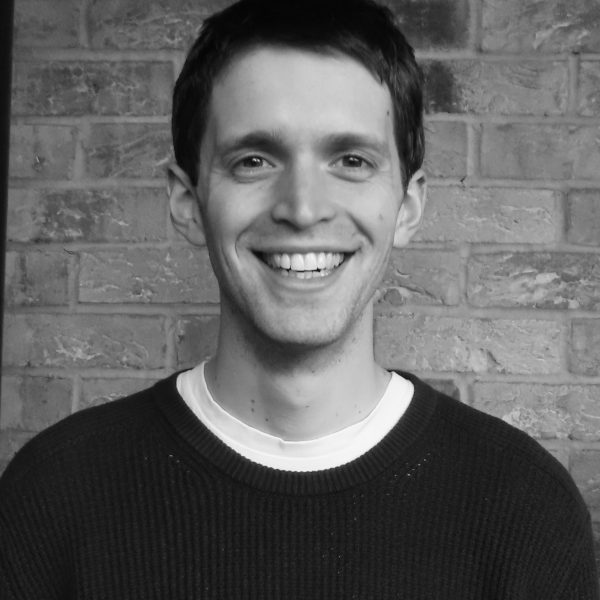A Paradox of Wellbeing – by Zac Newman

Image by Elia Pelligrini (Unsplash).
There has been much helpful discussion of the importance of taking care of our mental health in these uncertain and unusual times. I suggest a parallel here with falling asleep.
You probably have some experience of trying to fall asleep, but not being able to. As you become more aware of your effort, it often becomes harder to fall asleep. A similar dynamic can arise as we consider our own mental health: thinking about it, we become more worried about it, and then we feel less well; striving for it, we perceive a gap between where we are and where we want to be, and this gap causes us pain.
This can create a paradox, in which any intentional effort at psychological wellbeing leads to its opposite. Is it possible, then, to talk, think, and work towards such wellbeing without falling into this trap?
No and yes. A little bit on each.
No: what is described above is the trap of reification. Reification means treating something abstract as if it were a thing, something graspable. Sleep cannot be grasped. If I know I am asleep I tend to wake up. (Lucid dreamers may be an exception to this rule, but the example is illustrative.) Wellbeing cannot be grasped – to grasp is to tighten, hold on, clench…these are opposed to the fluid, relaxed ease that enduring wellbeing depends upon.
Yes: we can talk, think, and work towards wellbeing if we resist the temptation to relate to it in this “reified” way. This means resisting the temptation to turn wellbeing into just another goal to be achieved, and then held onto tightly, fearful of its departure.
But if I can’t grasp it, how do I know if I have it or not? How do I know it is real? This analytical and sceptical mode of mind serves us very well at work, but if we bring it to an evaluation of our feelings we will suffer. If I try to prove (to myself or to others) that I am well, that I have attained wellbeing, then I quite quickly feel otherwise.
Bring your analytical mind to problem-solving, while working or elsewhere. Find healthy ways of stepping back from that mind, and you will find sources of wellbeing. If you haven’t found one that serves you, you are not alone, but keep looking. They are out there.
Mindfulness is one such technique, and is in essence the opposite of reification, the opposite of grasping. Letting go of the active, strained desire to mould our experience this or that way, we practise bringing a friendly and non-judgmental awareness to how it already is. Ask yourself: what would it feel like if there were no problems you had to solve right now? This may not summon wellbeing quite like a genie, but it does create the space for wellbeing to arise, in its own time, unparadoxically.
Disclaimer: Views and opinions expressed in ‘The MWC Community Hub’ by contributors are independent from those of the Mindful Workplace Community and the Mindfulness Initiative.











